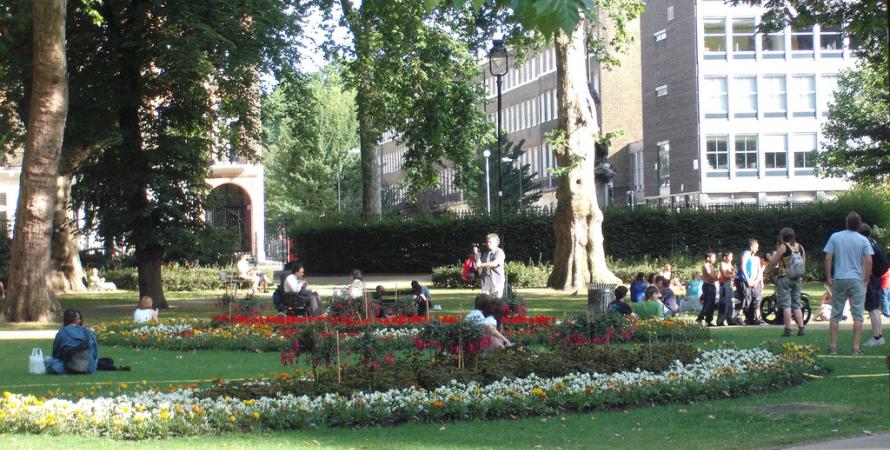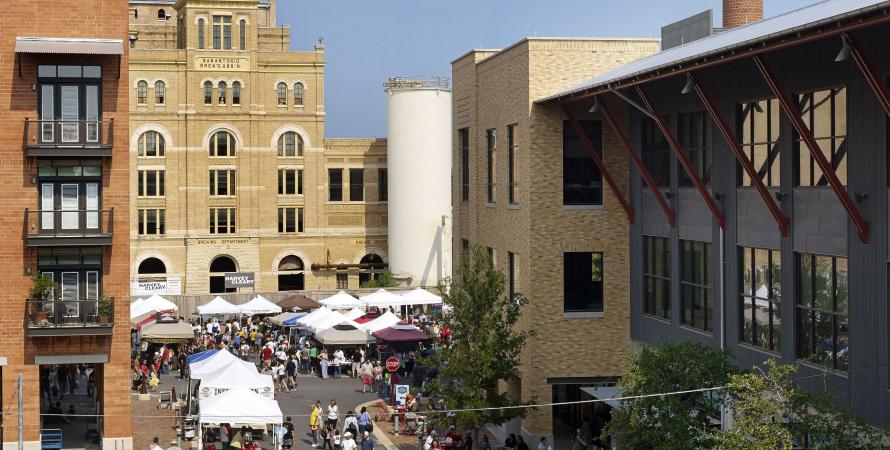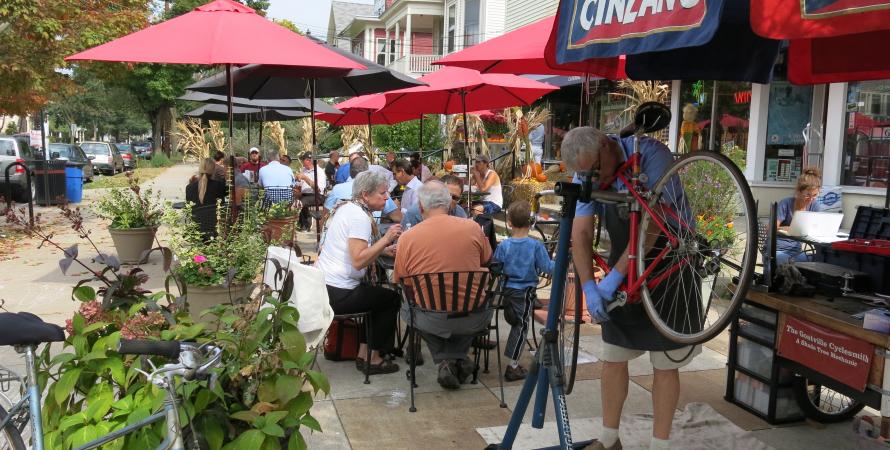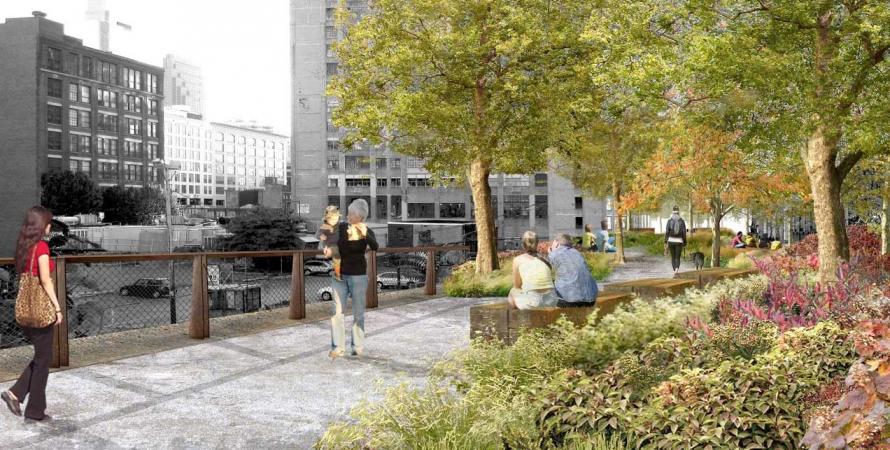-

Seven key concepts to teach form-based planning
These items are the sum of innovations by colleagues and reinforce practices that have successfully entered the mainstream.Having taught form-based planning and zoning academically and professionally over the past ten years , there are a few key concepts I make it a point to teach to my students. In many cases, these are holes that a traditional planning education does not fill; in other cases, these items are the sum...Read more -

An industrial shell becomes city's gathering place
At the turn of the millennium, the 26-acre Pearl Brewery in San Antonio was abandoned and desolate—a collection of empty buildings and pavement with only five trees. Now the ambitious Pearl Brewery Redevelopment is an economic and social powerhouse, drawing an average of more than 10,000 visitors...Read more -

More transportation choices, better health
A recently released nationwide study strongly correlates greater transportation "modal diversity" with better health for the population as a whole.An academic study shows that sustainable community design and transportation choice have a highly beneficial effect on public health. The study of 148 US metro areas on Commute Mode Diversity and Public Health is robust and broad, measuring 12 public health and quality of life indicators against...Read more -

Civic Commons: Spreading opportunity to the whole city
Reimagining the Civic Commons was launched in Philadelphia, and similar strategies are now being applied to five US Cities.For decades the “Philadelphia Story” was about steady economic decline. That story is being rewritten today, but so far Philadelphia’s comeback is limited to certain parts of town. “We have one of the highest infusions of Millennials coming here, but also some of the highest rates of poverty and...Read more